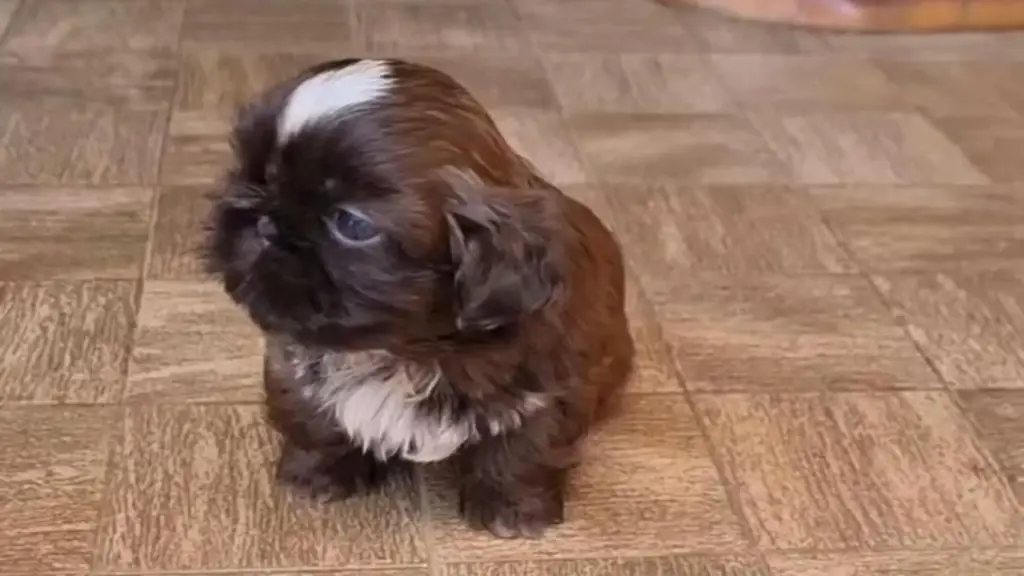
Shih Tzus, with their affectionate nature and deep bonds with their owners, can be particularly sensitive to separation anxiety. This condition, characterized by distress and behavioral issues when left alone, can significantly impact your puppy’s well-being and your quality of life. Understanding and managing separation anxiety is crucial for ensuring a happy and healthy relationship with your Shih Tzu. This comprehensive guide will cover strategies for preventing, recognizing, and managing separation anxiety in your Shih Tzu.
Understanding Separation Anxiety in Shih Tzus

Separation anxiety in Shih Tzus manifests as intense distress when they are separated from their owners. This anxiety is often rooted in the strong bond Shih Tzus form with their families. Signs of separation anxiety include excessive barking, destructive behavior, and house soiling when left alone. Shih Tzus are known for their loyalty and attachment, which can make them more prone to anxiety when their routine is disrupted or when they are left alone for extended periods.
Understanding the underlying causes of separation anxiety is essential for effective management. Puppies may develop separation anxiety if they were weaned too early, experienced trauma, or lack proper socialization. Additionally, changes in routine, such as moving to a new home or a change in the owner’s work schedule, can trigger or exacerbate anxiety.
Identifying Signs of Separation Anxiety
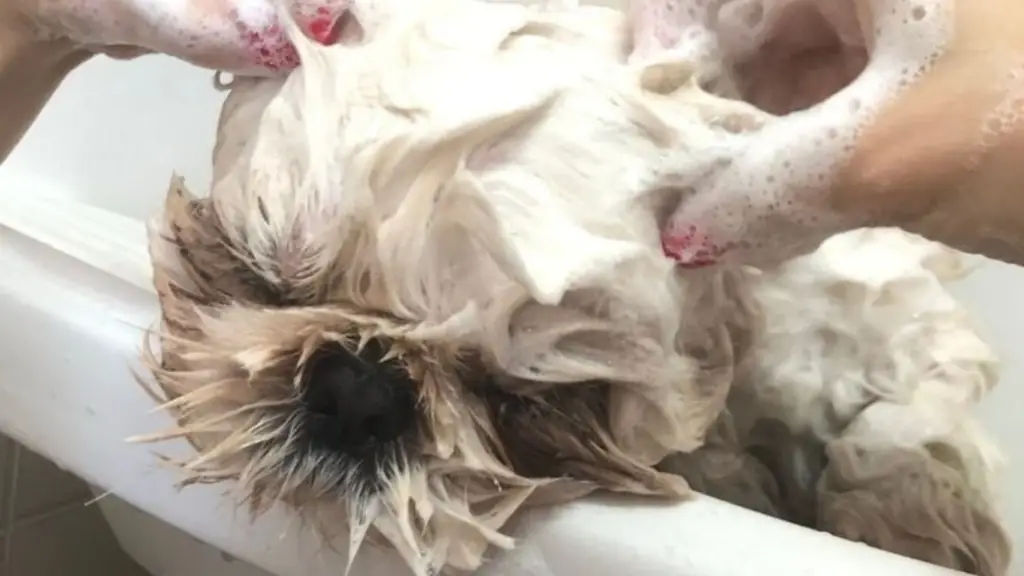
Recognizing the signs of separation anxiety is the first step in managing it. Shih Tzus with separation anxiety may exhibit a range of behaviors when left alone. Common signs include:
- Excessive Barking or Howling: An anxious Shih Tzu may bark or howl excessively when their owner leaves. This vocalization is a cry for attention and can persist for extended periods.
- Destructive Behavior: Puppies with separation anxiety may chew on furniture, shoes, or other household items. This destructive behavior is often a way for them to cope with their distress.
- House Soiling: Even if a Shih Tzu is house-trained, separation anxiety can lead to accidents inside the home. The stress of being alone can cause them to relieve themselves indoors.
- Pacing or Restlessness: An anxious Shih Tzu may exhibit pacing or restlessness, especially around the area where they were last with their owner. They may also display signs of agitation, such as panting or whining.
- Attempts to Escape: Some Shih Tzus may try to escape from their confinement area, such as a crate or room, in an attempt to reunite with their owner. This can lead to injury if they are not properly supervised.
Preventing Separation Anxiety in Shih Tzu Puppies

Preventing separation anxiety starts with early socialization and training. Introducing your Shih Tzu to a variety of experiences and environments helps build their confidence and adaptability. Gradual exposure to being alone is crucial for preventing anxiety.
Start by creating short periods of separation when your puppy is young. This helps them get accustomed to being alone in a safe and controlled manner. Begin with brief absences, and gradually increase the duration as your puppy becomes more comfortable. Use positive reinforcement to reward calm behavior during these separations, helping to build a positive association with being alone.

Additionally, establish a consistent routine for feeding, playtime, and bathroom breaks. A predictable schedule helps your Shih Tzu feel more secure and reduces the likelihood of anxiety when you leave. Avoid making departures and arrivals overly dramatic, as this can heighten your puppy’s anxiety.
Managing Separation Anxiety in Adult Shih Tzus
For Shih Tzus who already exhibit signs of separation anxiety, a more structured approach is necessary. Implementing the following strategies can help manage and reduce anxiety:

- Gradual Desensitization: Gradual desensitization involves slowly increasing the time your Shih Tzu spends alone. Start with short periods of separation and gradually extend the duration as your puppy becomes more comfortable. Ensure that these absences are followed by positive experiences, such as playtime or treats, to create a positive association with being alone.
- Training and Behavior Modification: Training techniques, such as crate training and using interactive toys, can help manage separation anxiety. A crate can provide a secure and cozy space for your Shih Tzu, helping them feel safe when alone. Interactive toys, such as puzzle toys or treat-dispensing toys, keep your Shih Tzu occupied and distracted from their anxiety.
- Creating a Safe Space: Designate a comfortable and secure area for your Shih Tzu to stay when you are away. This space should include their bed, toys, and water, and should be free of hazards. The familiarity of this space can help reduce anxiety and provide a sense of security.
- Providing Mental Stimulation: Engaging your Shih Tzu’s mind can help alleviate anxiety. Offer a variety of toys, puzzle games, and interactive activities to keep them mentally stimulated. A tired and mentally engaged Shih Tzu is less likely to exhibit signs of separation anxiety.
- Avoiding Punishment: Avoid punishing your Shih Tzu for their anxious behavior. Punishment can exacerbate anxiety and lead to more stress. Instead, focus on positive reinforcement and reward calm behavior.
Seeking Professional Help
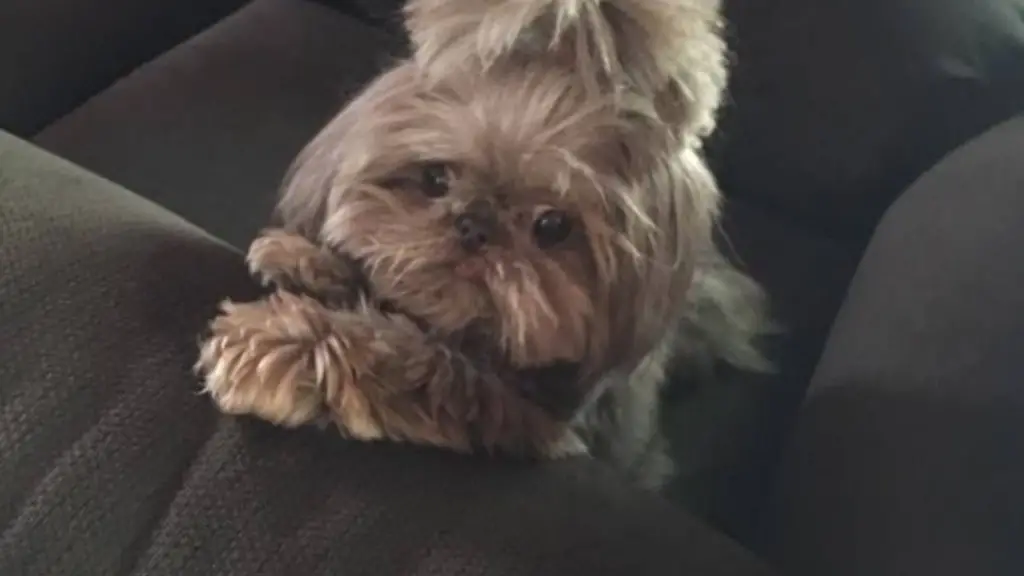
In some cases, managing separation anxiety may require the assistance of a professional. A veterinary behaviorist or a certified dog trainer with experience in separation anxiety can provide valuable guidance and support. They can help assess the severity of the anxiety and develop a tailored treatment plan.
If your Shih Tzu’s separation anxiety is severe or unresponsive to standard management techniques, consult with your veterinarian. They may recommend additional interventions, such as medication or specialized training programs, to help address the issue.
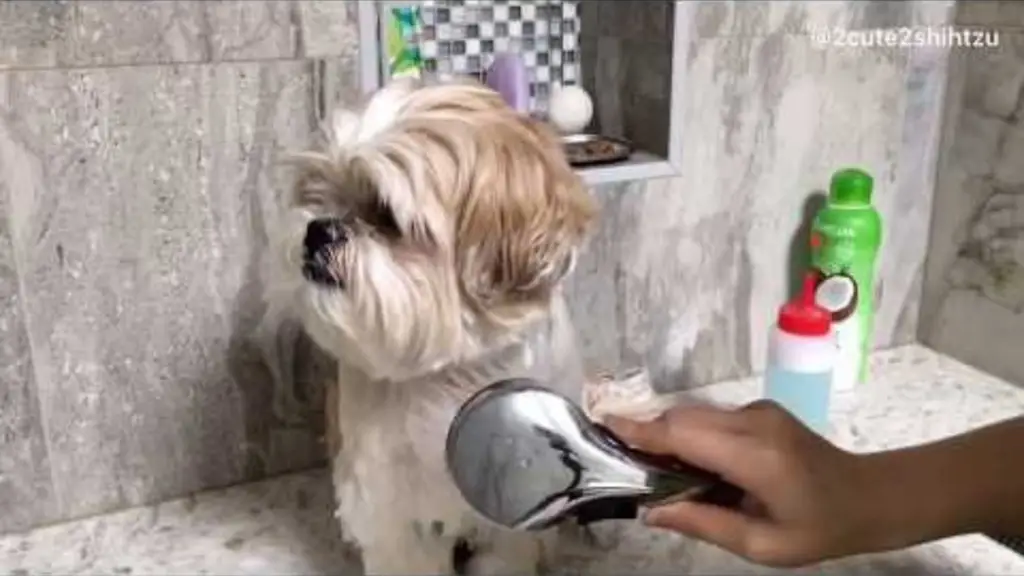
The Role of Medication in Managing Separation Anxiety
In some instances, medication may be prescribed to help manage separation anxiety in Shih Tzus. Medications can help reduce the severity of anxiety symptoms and make it easier for your puppy to engage in behavior modification and training. However, medication should always be used in conjunction with behavioral therapy and training for the best results.

Work closely with your veterinarian to determine the appropriate medication and dosage for your Shih Tzu. Monitor your puppy’s response to the medication and report any side effects or concerns to your veterinarian. Medication should be viewed as a supplementary tool rather than a sole solution for separation anxiety.
Building a Strong Bond with Your Shih Tzu
Building a strong and positive bond with your Shih Tzu is essential for preventing and managing separation anxiety. Spend quality time with your puppy, engage in activities they enjoy, and provide consistent care and affection. A strong bond helps your Shih Tzu feel secure and valued, reducing the likelihood of anxiety when you are away.

Engage in regular playtime, training sessions, and positive interactions to strengthen your relationship with your Shih Tzu. Positive reinforcement and rewards for good behavior help build trust and confidence, making your puppy more resilient to separation.
Maintaining a Consistent Routine
Consistency is key in managing separation anxiety. Establish a predictable routine for feeding, playtime, and alone time. A consistent routine helps your Shih Tzu feel more secure and reduces uncertainty, which can contribute to anxiety.
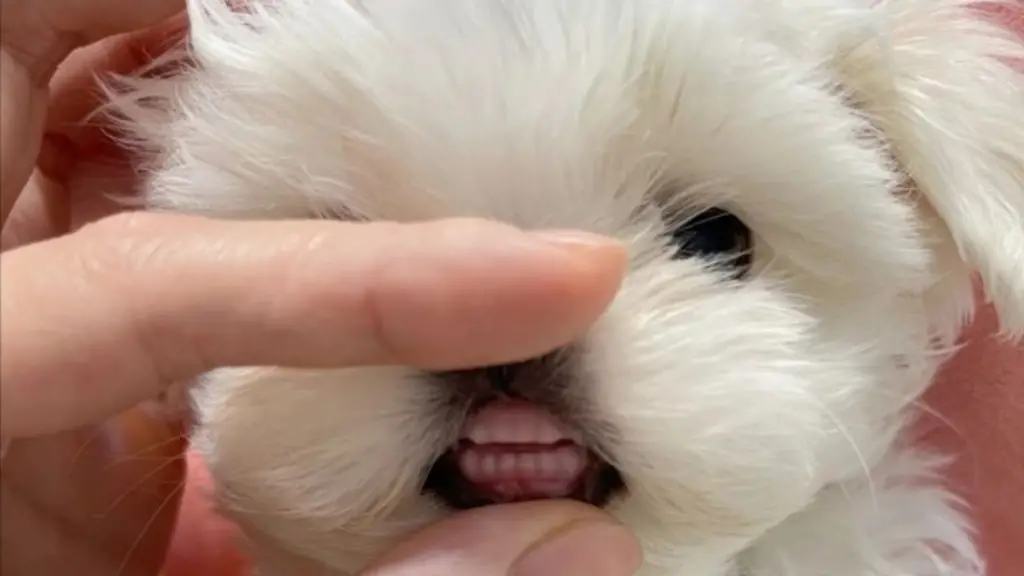
Stick to regular schedules for departures and arrivals to minimize the impact of your absence. Avoid making a fuss when leaving or returning home, as this can heighten your Shih Tzu’s anxiety. Instead, maintain a calm and composed demeanor to help your puppy stay relaxed.
Conclusion
Managing separation anxiety in Shih Tzus requires a combination of prevention, training, and ongoing care. By understanding the causes and signs of separation anxiety, you can take proactive steps to create a secure and comfortable environment for your Shih Tzu. Implementing gradual desensitization, providing mental stimulation, and seeking professional help when needed are key strategies in managing anxiety.
Building a strong bond with your Shih Tzu, maintaining a consistent routine, and addressing any underlying issues are essential for ensuring your puppy’s well-being. With patience, understanding, and proper management techniques, you can help your Shih Tzu overcome separation anxiety and enjoy a happy and fulfilling life together.


